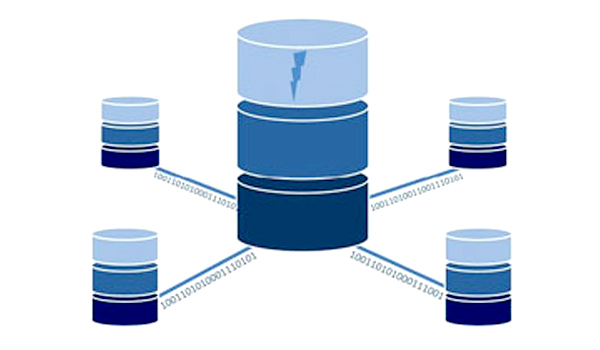Find Best Data Warehouse Software for Your Business
We help you find the right Data Warehouse Software for your business.

Browse Popular Data Warehouse Software
Up-to-date listing of Data Warehouse Software to assist you throughout your software selection and purchase journey.
Data Warehouse Software:
Data Warehouse Software is a specialized tool designed to process, transform, and ingest data, primarily for the purpose of data analysis rather than standard transactional processing. It plays a pivotal role in facilitating data-driven decision-making within organizations. By leveraging big data analytics software and data visualization tools, Data Warehouse Software enables the integration of data from diverse sources into a centralized repository, thereby providing valuable business insights. Acting as a bridge between operational data stores, it supports analytics on composite data. Data from various departments within a company, including sales, finance, and marketing, are consolidated and stored in a data warehouse. For quick access, subsets of data are stored in data marts.
The data extracted from multiple sources and loaded into the warehouse undergoes normalization to effectively support decision-making. This involves organizing data into tables, eliminating redundancy, and ensuring consistency through the process of Extract, Transform, Load (ETL). Data warehouses are widely employed across various industries, including banking, insurance, finance, healthcare, and retail.
Key Features and Capabilities of Data Warehouse Software:
Data Warehouse Software offers a range of capabilities essential for efficient data analysis:
Data Preparation Tools: Provides integrated input, extraction, and data management tools for data preparation.
Versatile Data Handling: Capable of loading and normalizing structured, semi-structured, or unstructured data.
Multiple Data Sources: Can extract data from various sources, including flat files, Excel spreadsheets, and application data.
Data Transformation: Enables data cleansing, deduplication, and consistency checks.
Comprehensive Data View: Offers a complete view of enterprise-wide data.
Autonomous Optimization: Supports autonomous storage and processing optimization.
Data Reconciliation: Ensures consistency in data reconciliation for various naming conventions.
Deployment Flexibility: Can be deployed on private or public clouds, on-premise, or in hybrid cloud environments.
Infrastructure Management: Offers automated infrastructure management capabilities.
Advanced Features: Includes integrated machine learning algorithms and access-controlled data sharing.
Virtualized Data Warehouses: Supports the deployment of virtualized data warehouses for enhanced security and access control.
Data Security: Incorporates built-in data encryption to meet high-security requirements.
Integration Capabilities: Facilitates the integration of data from CRM automation tools, ERP systems, marketing automation platforms, and supply chain management suites, enabling precise analytical reporting and informed decision-making.
Predictive Analytics and AI: Utilizes predictive analytics and artificial intelligence (AI) tools to uncover trends and patterns within the data.
Integration with Third-Party Tools: Data Warehouse Software seamlessly integrates with third-party business intelligence software, data science workflows, data lakes, machine learning, and AI technologies.
Advantages of Cloud Data Warehouse Software:
Modern cloud data warehouses offer several advantages for businesses:
Scalability: Capable of handling vast amounts of complex data and can be instantly scaled up or down as per business requirements.
Advanced Analytics: Supports rapid, advanced analytical queries to extract actionable insights.
Cost-Efficiency: Minimizes infrastructure setup costs compared to traditional data warehousing.
Considerations When Selecting Data Warehouse Software:
When choosing Data Warehouse Software, consider the following factors:
Data Source Compatibility: Ensure the software has built-in connectors or supports custom integrations for the data sources you need to access.
Performance Requirements: Select a data warehouse that aligns with your performance needs, considering the volume of data analysis and manipulation expected.
Stability: Opt for a stable data warehouse solution, especially if your business heavily relies on data-driven operations.
Scalability: Ensure the software can accommodate data from various branches of your organization and serve as a repository for historical data.
ETL Capabilities: Verify that the software supports Extract, Transform, Load (ETL) processes for integrating data before storage.
Query and Analysis Tools: Confirm that the software provides robust querying and data analysis capabilities.
Deployment Options: Look for a solution that offers multiple deployment options to suit your specific requirements.
Data Warehouse Software is an indispensable asset for organizations seeking to harness the power of data analysis and make informed decisions in today's data-driven landscape.
